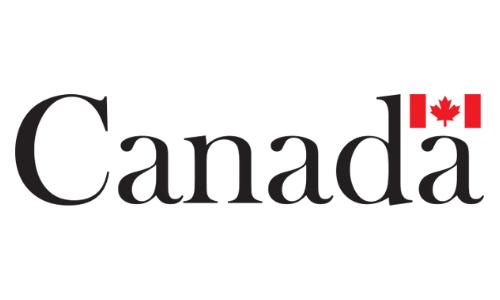Online or In-Person
Location
Location
Participants
Average Rating
Most organizations agree that developing frontline leaders and supervisors are critical to long-term success, as they oversee the majority of employees. That’s why equipping team leaders with supervisory skills, knowledge, and best practices to support, inspire, and motivate others to deliver results is critical to success today and tomorrow.
In Niagara Institute’s Supervisor Training program, your frontline managers and team leaders will receive practical and highly effective training that reflects the reality that supervisors face daily. The three-module program strikes the right balance between knowledge transfer and hands-on activities and practice. It covers the core competencies supervisors need, including team management, communication and listening, and building relationships, so your team leaders leave with the knowledge, skills, and tools they need to confidently step up to the next challenge.
While we know your will supervisors and frontline team leaders will complete this program feeling inspired, we'll do you one better. This program will leave them immediately equipped and confidently able to:
Understand their role and responsibilities at a supervisor level
Set expectations, delegate work, and assign accountabilities to their team members
Motivate and inspire their team to deliver results
Clearly communicate directions, feedback, and expectations
Actively listen to team members to understand what they’re saying and respond appropriately
Build and maintain authentic relationships centered around mutual trust and respect
Approach team leadership with greater self-awareness of their strengths, weaknesses, and pitfalls to avoid
Identify and leverage the talents of their team members
Supervisor Training is designed for new and seasoned front-line leaders to gain practical skills and tools needed to be effective team leaders. It is ideally suited for:
Supervisor Training is a highly practical and interactive learning experience. Participants engage in lively and captivating training where they will learn from their facilitator as they work alongside peers. They will gain knowledge, incorporate feedback, and apply the learning back on the job. Participants can expect the following:
You’re in the driver's seat with a team training program from Niagara Institute. Select what works best for you.
Additional customization options available:
Have questions? Need more details? Want to discuss your options? Instantly book a time that works for you to meet with our team.
If you know exactly how many people you want to provide training for and have a program you're interested in, you can request a quote.
For over 50 years, Niagara Institute has been a proud provider of training and professional coaching for individuals and teams in both the public and private sectors.









.jpg?width=1420&height=1080&name=Leadership%20Fundamentals%20Pink%20Stroke%201420x1080%20(1).jpg)
.jpg?width=1420&height=1080&name=Team%20Coaching%201420x1080%20(1).jpg)
.jpg?width=1420&height=1080&name=Advanced%20Leadership%20Development%20V2%201420x1080%20(1).jpg)